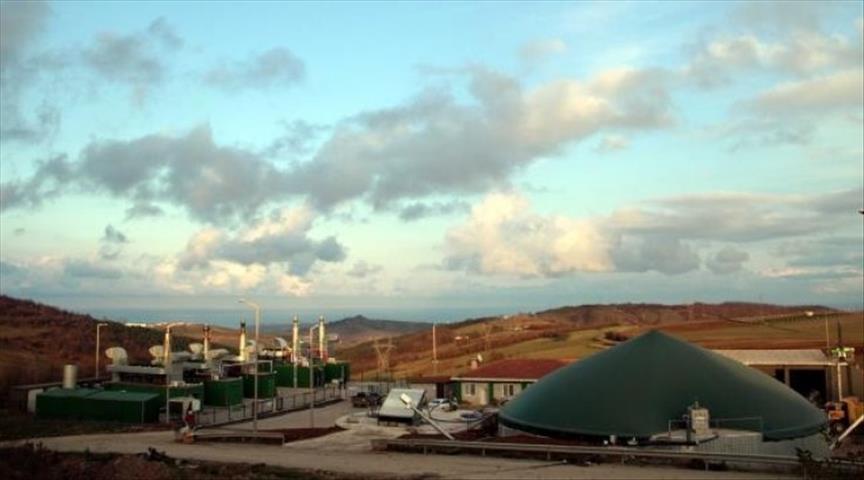Anaerobic digestion plants across the U.K. produce enough green gas to power more than a million homes, according to a report by the Anaerobic Digestion & Bioresources Association (ADBA) on Wednesday.
Anaerobic digestion refers to a series of biological processes in which microorganisms break down biodegradable material in the absence of oxygen. One of the end products of the process is biogas, which is combusted to generate electricity and heat or can be processed into renewable natural gas and transportation fuels.
The capacity this year reached 730 megawatts, up 18 percent from last year with annual generation of 10.7 terawatt-hours of energy.
The success of anaerobic digestion plants need to be supported by a suitable policy, said Charlotte Morton, ADBA's chief executive.
'There is currently a desperate lack of long-term policy support for anaerobic digestion, particularly in heat and transport - areas where anaerobic digestion can make a significant contribution to decarbonization,' Morton added.
There are 437 anaerobic digestion plants in the planning stage in the U.K. but 'most of these are unlikely to be built without stronger government support,' she said.
Between 50 and 80 plants were commissioned in 2016, while that number is projected to fall to between 19 and 64 this year due to policy uncertainty, the report warned.
By Zeynep Beyza Kilic
Anadolu Agency
energy@aa.com.tr


